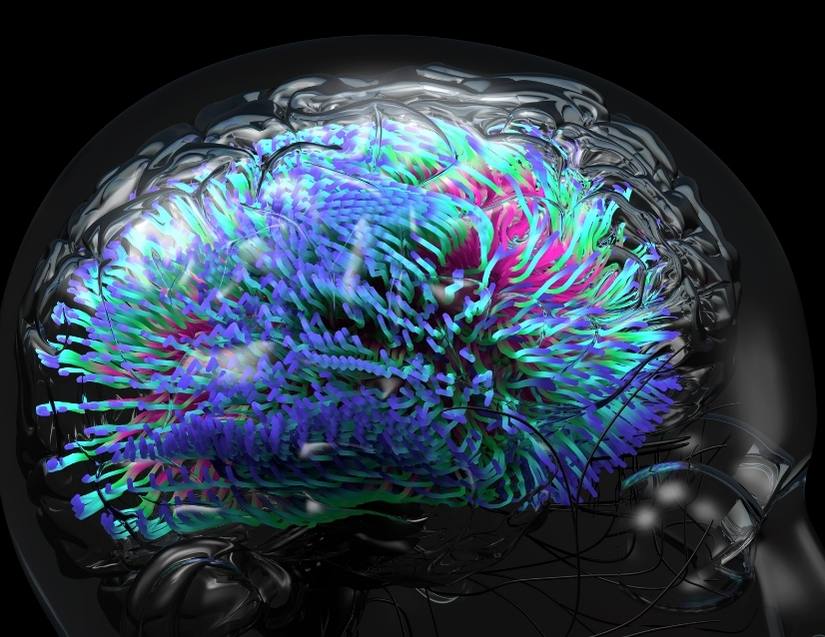Hepatic Encephalopathy
Your liver works hard to remove toxins from the blood to help your system void. When the liver does not function properly, toxins build up in the blood.
When toxins start to go to the brain, a person can begin show symptoms of confusion, become forgetful and may have a sweet or musty smelling breath.
Hepatic Encephalopathy can be triggered by gastrointestinal bleeding, alcohol consumption / binging, constipation, some drugs (sleeping pills, some anti-depressants), or dehydration. It can also be reversed with careful control of diet and sometimes by removing toxins from the intestinal tract.
Hepatic Encephalopathy is relatively rare with about 200,000 people treated for it in a given year.
A key role of the liver is to be a filter for the toxins in the blood, separating those from the nutrients that the liver is metabolizing for the body to put to use. When toxins build up in the liver, the eventually travel in the blood and will circulate and deposit in the brain.
As the brain becomes contaminated with toxins, Hepatic Encephalopathy begins to develop. In the beginning, someone may appear to be confused or forgetful. More advanced symptoms include tremors and slurred speech.
Hepatic Encephalopathy can be triggered by gastrointestinal bleeding, alcohol consumption / binging, constipation, some drugs (sleeping pills, some anti-depressants), or dehydration. It can also be reversed with careful control of diet and sometimes by removing toxins from the intestinal tract. People who have liver disease may be at risk for a recurrence of the complication.
Treatment for Hepatic Encephalopathy may include stopping behaviors that trigger the problem, such as alcohol consumption or stopping a medication causing the symptoms. There are some medications used to assist with constipation or to clear up an infection.
Hepatic Encephalopathy is relatively rare with about 200,000 people treated for it in a given year.

As the disease worsens, motor skills are impaired including hands that tremble, arms that shake, disorientation and slurred speech.
The 4 stages of the disease process:
Stage 1 – Short attention span which is unusual for the patient and a change in sleep patterns (eg., sleeping all day and up all night).
Stage 2 – Slurred speech or trouble remembering.
Stage 3 – Changes in personality and confusion.
Stage 4 – Loss of consciousness or death.
